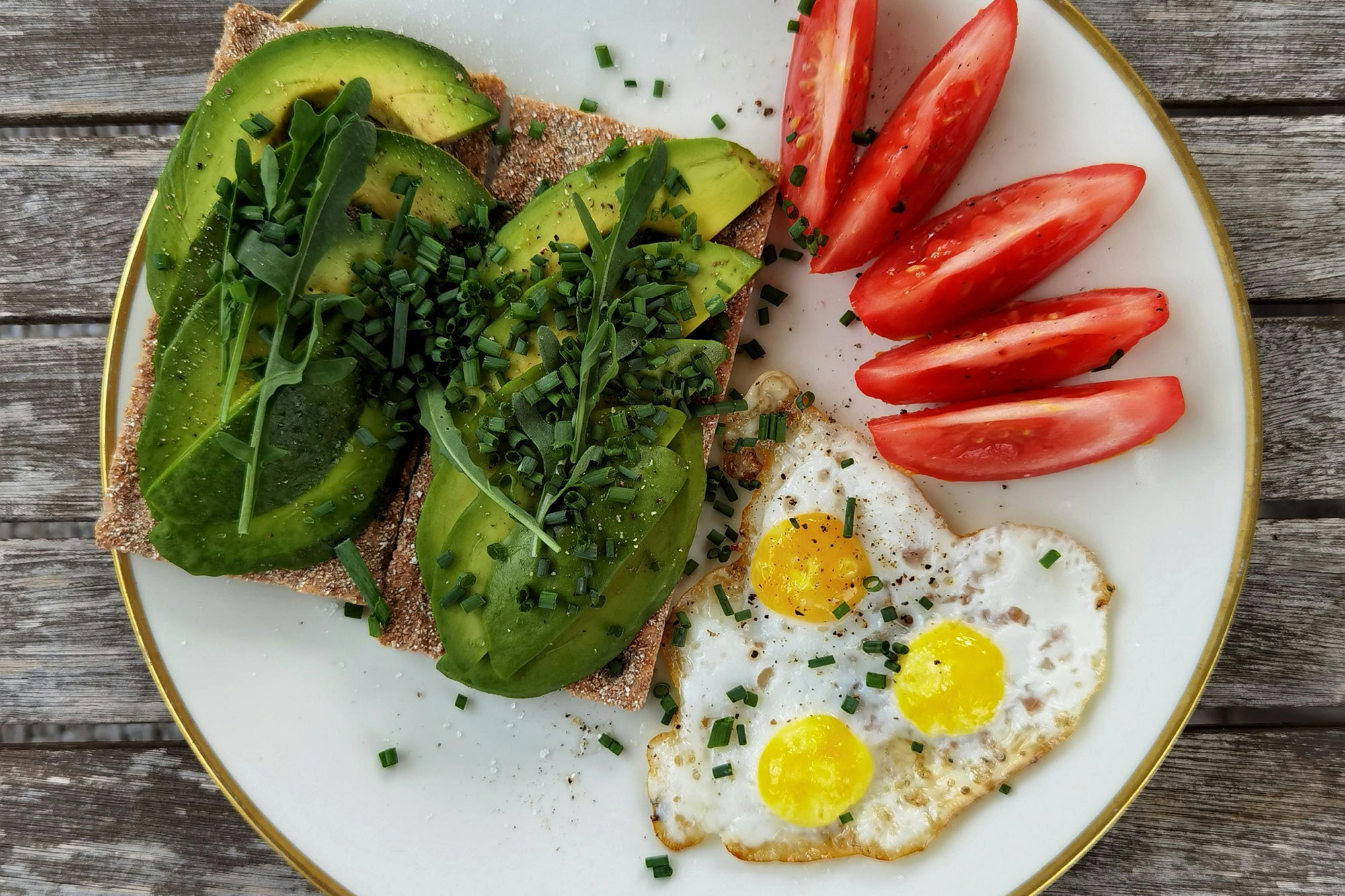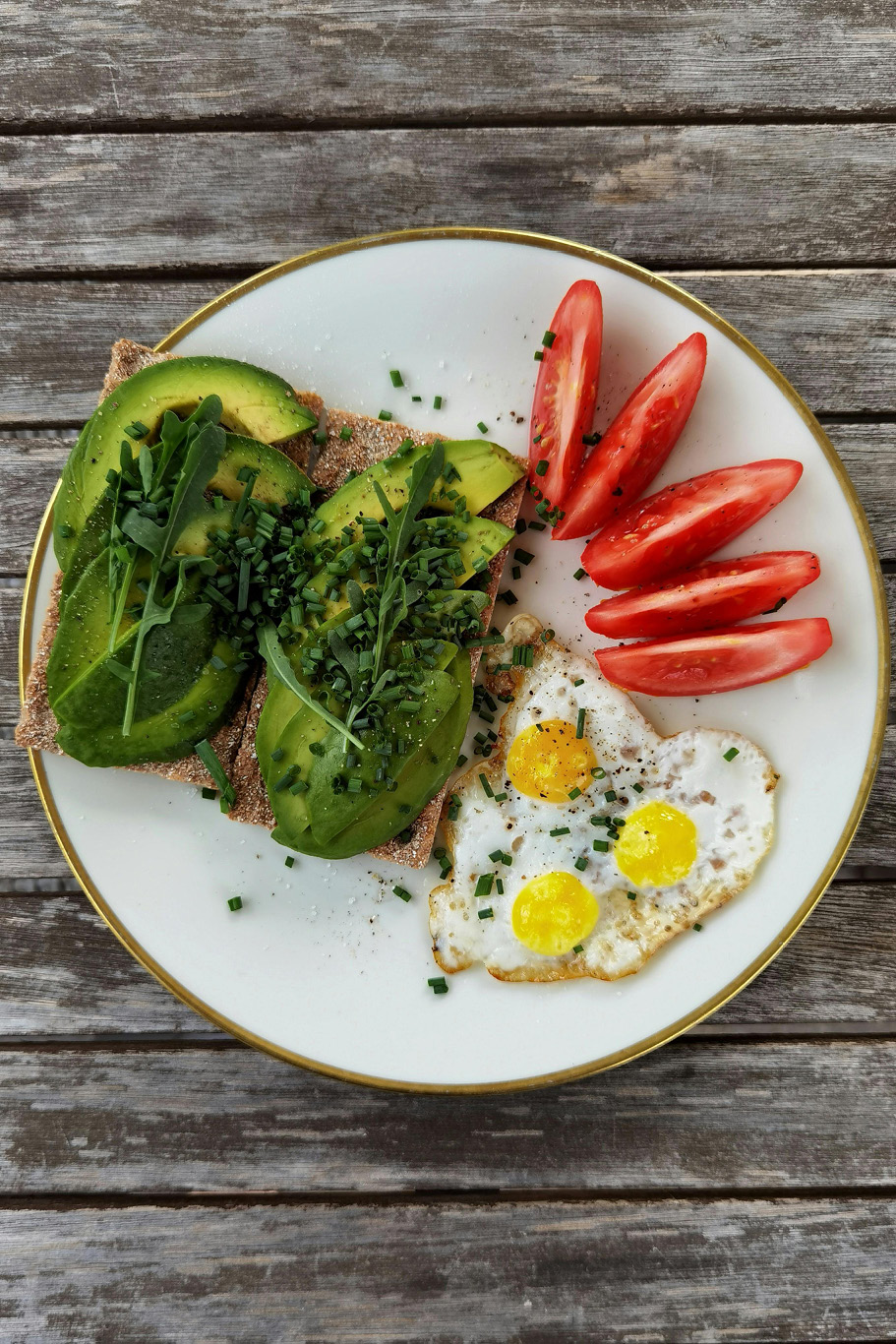Fasting is nothing new―ancient fasting records have been recorded as early as 1500 BC but recently it’s become one of the most talked about wellness trends. There are podcasts devoted to it, New York Times bestselling books on the topic, and everyone from Halle Berry, Jennifer Aniston, Hugh Jackman, Tom Brady, and Reese Witherspoon have all raved about the benefits of intermittent fasting. But does it have some real science-backed benefits? Read on to find out if skipping your breakfast is worth it.

What Is Intermittent Fasting?
Intermittent fasting is an eating pattern that cycles between periods of fasting and eating. While fasting, you avoid solid food but you can drink fluids. The most common fasting schedules are the 16:8 and 5:2 methods.
16:8 method: This schedule is 16 hours of fasting followed by eight hours of eating. This might mean eating between 12:00 pm and 8:00 pm (skipping breakfast) or between 9:00 am and 5:00 pm (having your last meal in the afternoon).
5:2 method: On this schedule you will have two non-consecutive days on a low-calorie intake, usually aiming for around 500-600 calories. The other five days of the week you eat normally, without restrictions. The 5:2 method was made popular by The 5:2 Diet by Kate Harrison.

How Will It Impact Your Weight?
Studies show intermittent fasting is as effective as daily calorie restriction but no better. Typically over 10 weeks, fasters will lose about 7-11 pounds.
If you are looking to intermittent fasting to help with weight management, you might find it easier than counting calories but it doesn’t work for everyone. Dr. Ethan Weiss, a diet researcher at the University of California, San Francisco and a fan of intermittent fasting for seven years, gave up fasting after his 2022 study concluded that intermittent fasting is not more beneficial than calorie reduction without a restricted eating time.
“I started eating breakfast … My family says I am a lot nicer,” says Weiss.

Will Intermittent Fasting Help Me Age Better?
The studies on the health benefits of intermittent fasting are mainly on animals or involve small samples of human participants. But there are some interesting recent studies showing positive results.
Aging
A 2019 study on mice showed that intermittent fasting helped delay various conditions common in aging mice.
Cell Repair
A 2023 study found intermittent fasting helped to activate autophagy. This is the body’s way of cleaning out damaged cells so it can regenerate newer, healthier cells. This could help prevent cancer and Alzheimer’s disease.
Inflammation
A 2019 study found that fasting improves chronic inflammatory diseases.
Brain Health
A 2020 study of mice showed intermittent fasting significantly preconditions the brain against post-stroke damage and improves the long-term functional outcome.

Are There Any Downsides?
Heart Health
A 2024 study found participants who limited their eating to eight hours in a day had a 91% greater chance of dying from cardiovascular disease. The researchers had expected to see the opposite. However, the author of the study, epidemiologist Dr Zhong, noted that participants who were intermittent fasting tended to be younger, less educated, lower income, and more likely to smoke. He cautioned that more research needs to be done but, “Based on the evidence as of now, focusing on what people eat appears to be more important than focusing on the time when they eat.”
Hair Health
A 2024 study found a link between intermittent fasting and slower hair regeneration in mice.
A similar process might occur in humans, but the author, stem cell biologist Dr Bing Zhang of Westlake University, said, “We don’t want to scare people away from practicing intermittent fasting because it is associated with a lot of beneficial effects. It’s just important to be aware that it might have some unintended effects.” It is thought that due to a different metabolic rate, the effect may not be as severe in humans.
Skipping Breakfast
A 2024 study published in The Journal of Nutrition, Health and Aging found for people between 55-75 skipping breakfast can lead to weight gain and poor cholesterol. If you’re in that age bracket, maybe choose another meal to fast for.
Muscle Loss
Be mindful to make sure you are getting enough protein when fasting! In a 2022 study, participants lost muscle only because their overall protein intake dropped. Protein intake is especially important for women 40+ to prevent sarcopenia―age-related muscle loss.

Advice for Beginner Fasters
Dr. Mark Mattson, a neuroscientist at the National Institute on Aging and Johns Hopkins University School of Medicine, advises:
- Eat whole grains, healthy fats and protein, and limit saturated fats
- Avoid sugar and refined carbohydrates
- When fasting, be sure to stay well-hydrated
Intermittent fasting is safe to try for most women as we age. It’s good practice to consult your healthcare provider and ensure you have no underlying issues that might make it unsuitable, including type 1 diabetes, hypoglycemia, eating disorders, or if you are on medication that needs to be taken with food.
We look forward to seeing more studies on larger groups of people, especially on women as we age. However, there is encouraging research to show intermittent fasting may help us live well and age better. The most important thing is that it fits your lifestyle and you enjoy it. If not, a healthy balanced diet is always the most important thing. What time you eat is up to you!







